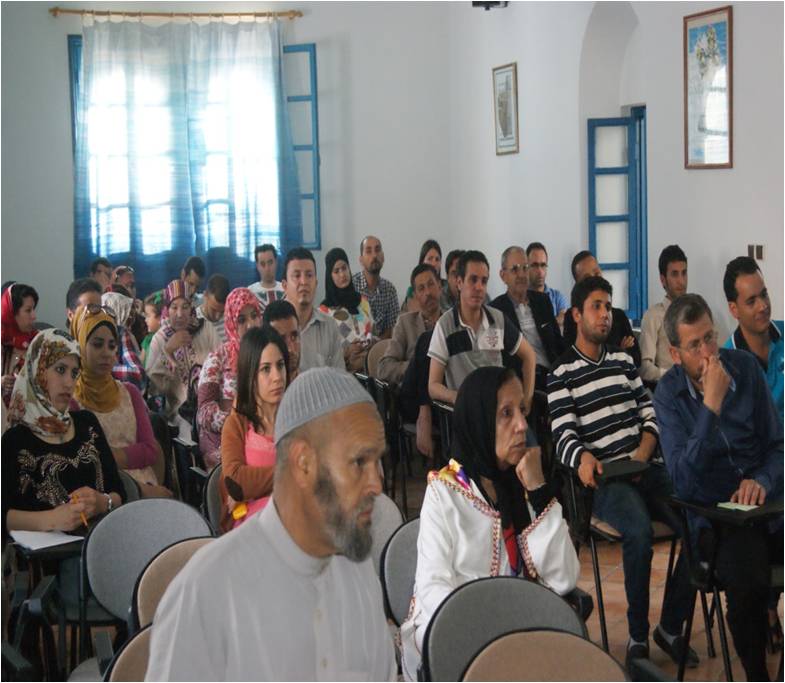The social and solidarity economy (SSE) as the cooperative spirit development tool can provide socioeconomic

The social and solidarity economy (SSE) as the cooperative spirit development tool can provide socioeconomic opportunities that strengthen the cohesion of the social fabric of rural development other than agriculture through the creation of income-generating activities and the integration of a large category of citizens including women and young people by promoting self-employment. The objective is to improve the living conditions of the members of the SSE sector and contribute to boosting the economy of rural areas.
However, these actors need to acquire skills and practical knowledge to participate effectively in the development of their territories.
Strengthening the individual capacities of rural populations (women, men, young people and children) is an aspect that must be taken into account in rural development programs as the improvement of productivity and the diversification of the activities of the rural economy passes. obligatory by the qualification and professional and continuous training of the populations concerned in enabling businesses to take advantage of new economic opportunities offered by agriculture and the rural non-farm economy. Strengthening the collective capacities of rural populations is one component This will be important for public authorities to provide more support in order to restore confidence to the heart of the social bond, to enhance the security of the inhabitants and their property and to free rural populations from poverty.
This calls for the upgrading of the system of training and supervision of actors and organizations involved in rural development in order to push them to control the risks to which they are exposed, to learn new production techniques and to provide skills related to the management and marketing of their products and the involvement of academics and researchers, with all the actors of civil society, in raising awareness, strengthening capacities, monitoring, evaluation and dissemination of regular reports, to be developed in this regard, with other actors

